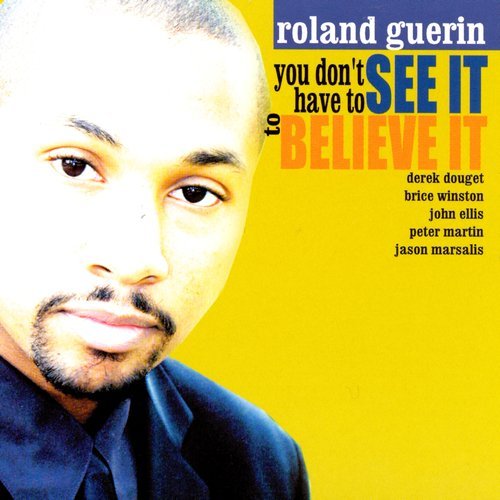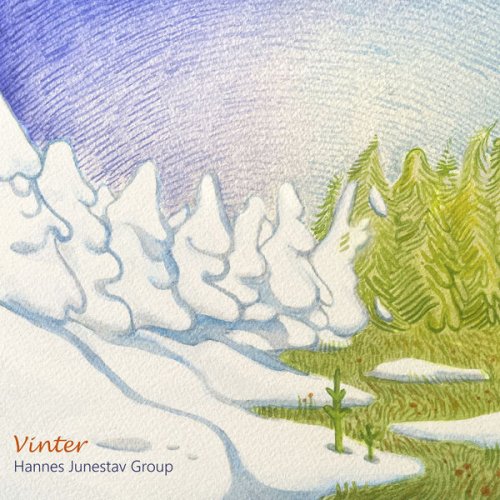Emperor Quartet - Britten: String Quartets Nos. 1, 3 & Alla marcia (2013) [Hi-Res]
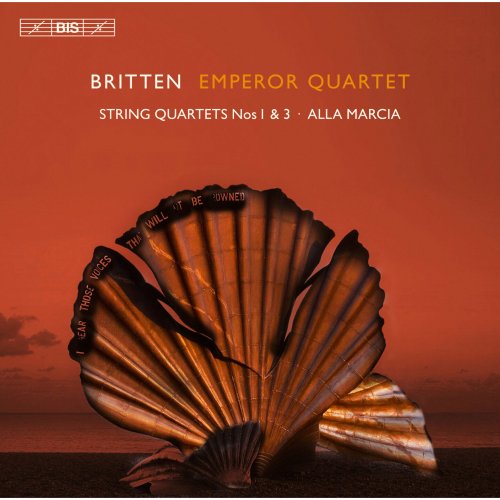
Artist: Emperor Quartet
Title: Britten: String Quartets Nos. 1, 3 & Alla marcia
Year Of Release: 2013
Label: BIS
Genre: Classical
Quality: flac lossless (tracks) / flac 24bits - 44.1kHz +Booklet
Total Time: 00:55:40
Total Size: 250 / 504 mb
WebSite: Album Preview
TracklistTitle: Britten: String Quartets Nos. 1, 3 & Alla marcia
Year Of Release: 2013
Label: BIS
Genre: Classical
Quality: flac lossless (tracks) / flac 24bits - 44.1kHz +Booklet
Total Time: 00:55:40
Total Size: 250 / 504 mb
WebSite: Album Preview
01. String Quartet No. 1 in D Major, Op. 25: I. Andante sostenuto - Allegro vivo
02. String Quartet No. 1 in D Major, Op. 25: II. Allegretto con slancio
03. String Quartet No. 1 in D Major, Op. 25: III. Andante calmo
04. String Quartet No. 1 in D Major, Op. 25: IV. Molto vivace
05. Alla marcia for String Quartet
06. String Quartet No. 3, Op. 94: I. Duets. With Moderate Movement
07. String Quartet No. 3, Op. 94: II. Ostinato. Very Fast
08. String Quartet No. 3, Op. 94: III. Solo. Very Calm
09. String Quartet No. 3, Op. 94: IV. Burlesque. Fast
10. String Quartet No. 3, Op. 94: V. Recitative & Passacaglia. Slow
This release by Britain's Emperor Quartet (nothing like dreams of empire) follows on an earlier Benjamin Britten album containing the composer's String Quartet No. 2 and a group of early works. If anything, the present release places even greater demands on the ensemble, which responds in fine style. The String Quartet No. 1 in D major, Op. 25, and the String Quartet No. 3, Op. 94, are separated by three decades and a major chunk of stylistic development in Britten's career. The first quartet, written in the U.S. and premiered in Los Angeles in 1941, features a limpid songlike slow movement and a complex opening movement that seems deftly to balance tempos and tonalities. Especially in its Shostakovich-like Allegretto con slancio ("with enthusiasm"), the work has a fair amount of humor, considering the world-historical situation of the time and its direct effect on Britten's career: he had determined for professional reasons to return to Britain, and a trans-Atlantic crossing in 1941 took a good deal of nerve. The String Quartet No. 3, from 1975, was one of Britten's last works, and it inhabits a stylistic world different from almost all the rest of his music: that of Mahler and his closest successor, Zemlinsky. The transcendent slow Passacaglia that closes the work makes a beautiful capstone to Britten's chamber music career, and the soaring lines of its dissonant counterpoint are rendered in sterling detail by BIS' engineers, working in the ideal space of Britain's Potton Hall. Britten's quartets do not have the immediately accessible quality of his larger choral and operatic works, but they are cut from the same cloth, and this British release and its companion make an excellent place to start with them.

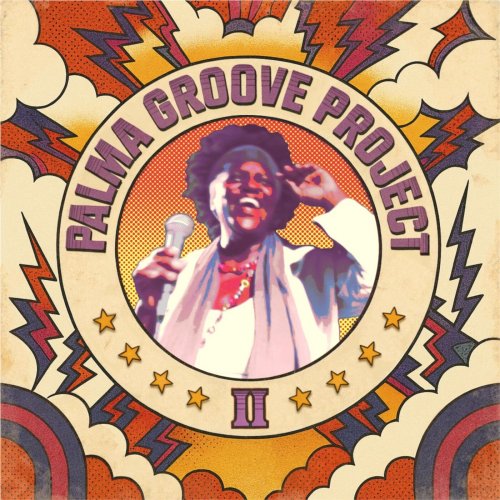
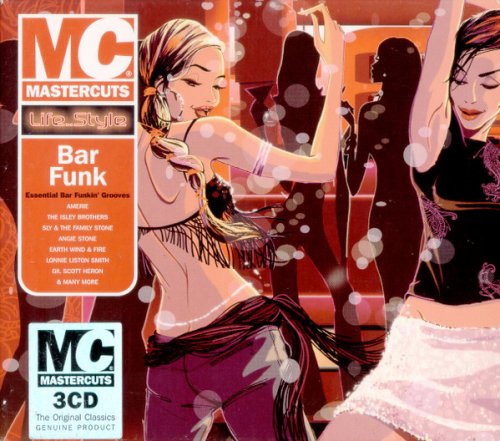
![Mama Badema Sissoko - Diamond Fingers (2026) [Hi-Res] Mama Badema Sissoko - Diamond Fingers (2026) [Hi-Res]](https://img.israbox.com/img/2026-02/14/c0n712ykaoqm3p9yoqdmhda1i.jpg)
